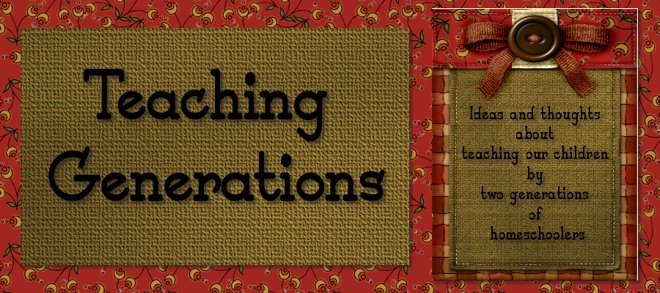
I have my granddaughter E (turned 5 last month) with me this week. She arrived last night (Sunday) and will stay till we go visit them on Friday. This is Reading Camp. I have done this once before and she can read all the short A and Short I words very well. So last night we began. She began reading the short O words and has picked it up quite easily. She still seems to stop and sound out each word. I want her to get more fluid. She still needs to stop to notice what vowel is there. As I work with her I try to notice what her strengths and weaknesses are so I can work on those.
She brought the Bob Books collection I gave her sister last year, but this is the Collection 3 with compound words and long vowels. I can tell she is very motivated to read books. She is reading all the Hooked on Phonics books I have and going through that workbook. I have all my reading materials organized so we can play lots of games. She has an incredible attention span. I worked with her for 1 1/2 hours last night. She has a room with her sister M who is two years older. She wants to do everything M does. So she is greatly motivated to write and draw. Her ability to write is impressive. Many children this age are not as motivated or coordinated with those muscles but since she is, I can use that to further her reading.
Then we read to her from more advanced books. I read her one of my favorites and discovered that my book is falling apart from so many years of use. "Hats for Sale" is so delightful. Then grandpa started reading the "Fables" book to her.
Many times I have the children read lists of words or flashcards when they are at this level and that gets boring so I do several things to make it more interesting.
1. Explain the meaning of the word to them when they first read the word. Multiple meaning
words need more explanation, but what an opportunity to make their learning deeper with
more definitions.
2. Make up a sentence with the word after they have read it. If the word has more than one
meaning I try to make up sentences with all the meanings.
3. Make up a riddle before they read the word. It is fun because sometimes they think they
know the answer and start trying to read it with the first sound of the word they think it
must be. Then they see it isn't that word and have to figure it out.
4. Last night I tried to make up a story with a series of the words. It turned out to be a silly
story.
5. Have them say a sentence with the word.
I also like to show her pictures of things because she can get a better idea of what they are like if she is not familiar with them. I doubt if she knows what a cot is. I have to buy her a fig this week so she can know what that is. I love vocabulary!
I am including one of the pages I made up for her.

No comments:
Post a Comment